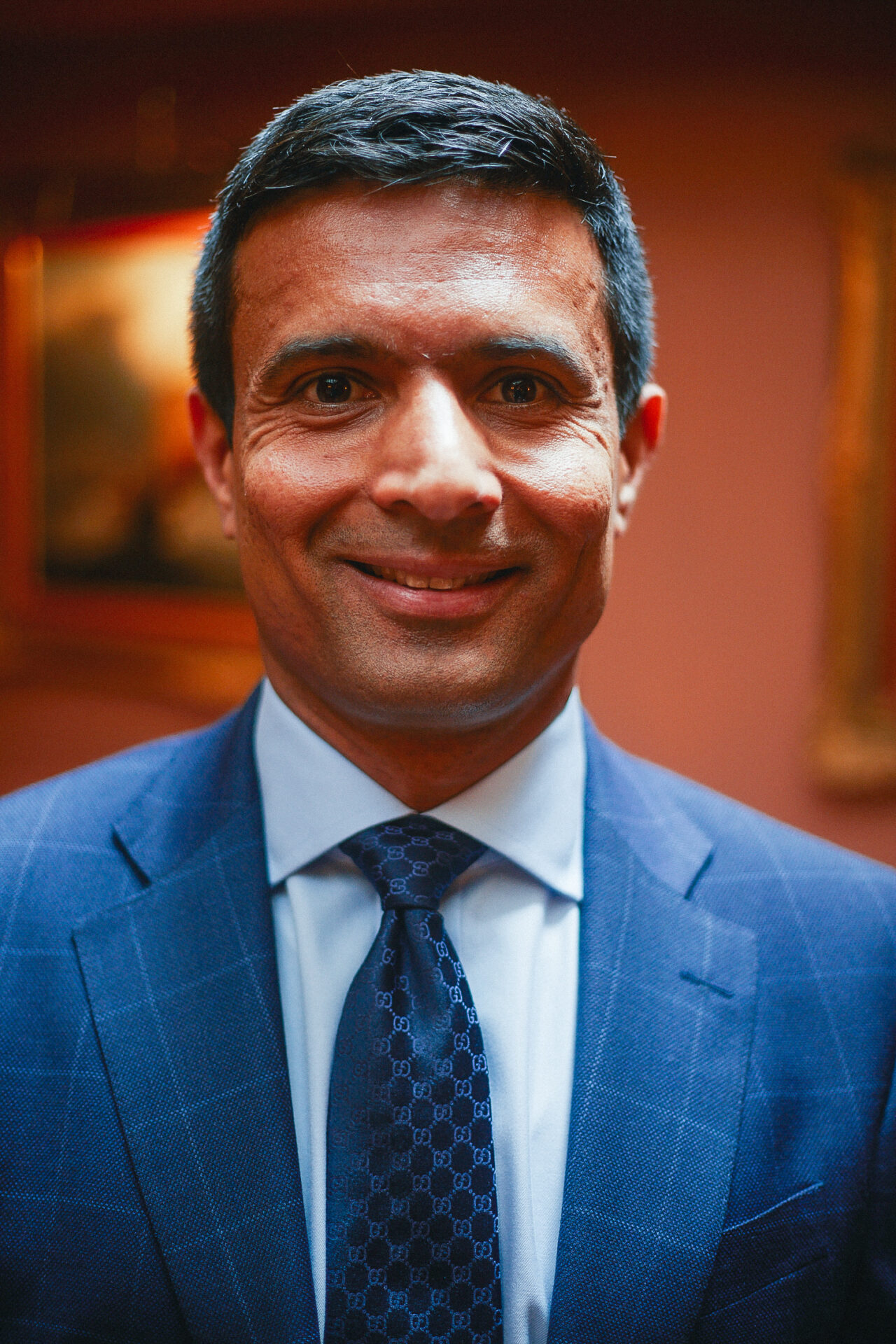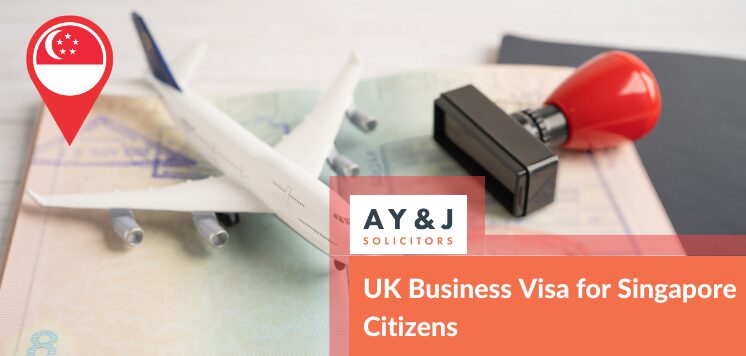Disclaimer: The information in this blog is accurate as of its publication date. Any updates after that date are not reflected here.
Applying for British citizenship is the final and most significant step for overseas nationals who want to call the UK home. In this comprehensive guide, we will explain the step-by-step process of applying for British citizenship, including the requirements, documents required, fees, and what happens once you have applied.
Table of Contents
Understanding the eligibility criteria for British citizenship
Before applying for UK citizenship, it is important to check that you meet the eligibility criteria. The exact criteria that you need to meet will depend on how you are eligible for British citizenship. You may be eligible for British citizenship if you:
- Have Indefinite Leave to Remain in another form of permanent settlement (e.g. EUSS Settled Status)
- Were born in the UK – being born in the UK does not automatically confer citizenship. This will depend on the circumstances of your parents when you were born. If you are eligible, you may automatically be British, or you may need to register.
- You have a British parent and were born outside the UK – Children born outside the UK to British citizens may be eligible for citizenship by descent. Specific criteria apply based on the child’s birth date and the parent’s citizenship status.
- Are married or in a civil partnership with a British citizen
- Have another type of British nationality
- Have a parent with British overseas territories citizenship
- Are stateless
- Have previously renounced your citizenship, or
- Are a Commonwealth citizen.
The following explains the eligibility rules for overseas nationals living in the UK, specifically for those who have permanent settlement (e.g. EUSS Settled Status or ILR). To apply you must with ILR, you must:
- Have held permanent settlement for at least 12 months
- Have ILR or settled status at the time of your citizenship application
- Meet the continuous residence requirement – this means that you must not have:
- Spent over 450 days outside the UK during the 5 years before your application
- Spent over 90 days outside the UK in the last 12 months, or
- Broken any UK immigration laws (for example, living illegally in the UK)
- Be over 18
- Have been in the UK 5 years before the day the Home Office receives your application
- Be able to prove your knowledge of English, Welsh or Scottish Gaelic
- Have passed the Life in the UK test
- Intend to continue living in the UK
- Be of good character (e.g. not committed any serious crimes and not breached immigration laws during your stay).
To check if you are eligible for British citizenship, we recommend checking online or speaking to one of our friendly and helpful expert immigration advisors. We will explain the best way to apply for UK citizenship based on your background and current circumstances. If you are not yet eligible, we will explain the best path to take to reach this point.
Gathering the required documents
The exact documents that you need to provide to support your British citizenship application will depend on the basis of your eligibility. Depending on how you are eligible, you may need to provide some or all of the following documents:
- Current passport or travel documents.
- Proof of ILR or settled status (e.g., biometric residence permit).
- Evidence of English language proficiency (e.g., IELTS test certificate).
- Life in the UK Test pass certificate.
- Proof of residency in the UK (e.g., utility bills, bank statements).
- Marriage or civil partnership certificate, if applicable.
- Biometric information (fingerprints and photo)
- Evidence of National Insurance contributions covering the relevant period:
- Payslips
- P60’s, or
- A letter from your employer or employers confirming you have worked in their employment, including start and finish dates
Ensure all documents are up-to-date and accurate to avoid delays in your application.
Completing the UK citizenship application form
The exact process that you need to follow to register or naturalise for British citizenship will depend on how you are eligible. You either apply yourself online or ask an immigration Solicitor to do this for you.
You can apply for British citizenship by naturalisation online. Alternatively, you can download and complete form AN. When completing the form, you may be asked to provide:
- Your personal details, including your name, address, and date of birth.
- Information about your immigration status and residency in the UK.
- Details of your employment and travel history.
- Information about your family and dependents.
- Confirmation of your English language proficiency and Life in the UK Test pass.
It is essential that before submitting or posting your application, you double-check all of the information you have provided for accuracy and completeness. This will ensure that your application is not refused or delayed due to errors in the application.
Submitting your British citizenship application
Once you have completed the application form, you will need to pay the application fee. The exact fee you have to pay depends on your eligibility, as follows (these are correct as of July 2024):
- Naturalisation – £1,630
- Registration – £1,481
- Ceremony fee only – £130
- Children under 18 applying to register as a British citizen – £1,214
Payment can be made by credit or debit card or cheque with your application. After payment, you will also need to book an appointment at a UK Visa and Citizenship Application Services (UKVCAS) centre to provide your biometric information (fingerprint scan and photo). You will also need to provide any documents required to support your application by either uploading copies into the online service or having them scanned at your UKVCAS appointment.
Attending the citizenship interview and test
Before you apply, you will need to take and pass a Life in the UK Test. The test is designed to assess your knowledge of British customs, traditions, and government. It consists of 24 multiple-choice questions answered over a period of 45 minutes, and you must score at least 75% to pass. It is important to prepare thoroughly for your test by studying the official Life in the UK handbook and taking practice tests available online.
After submitting your application, you may be invited to attend an interview. Not all applicants are required to attend an interview. This is more likely to happen if there are questions which need to be answered before a decision can be made. If you use our services, we will do everything we can to avoid the need for you to attend an interview by spotting and overcoming any issues or red flags.
Receiving a decision on your citizenship application
Once all documents and payments have been received, the Home Office will review your application and make a decision. This process can take up to six months, although it may be shorter or longer, depending on your circumstances. If your application is successful, you will be invited to a citizenship ceremony where you will take an oath of allegiance and receive your certificate of British citizenship.
If your application is denied, you will be given the reasons and details of how to challenge the decision if you believe there was an error.
Frequently Asked Questions (FAQ)
What are the eligibility criteria for British citizenship in 2024?
To be eligible for British citizenship, you must meet the continuous residency requirements, hold ILR or settled status, pass the English language and Life in the UK tests, and be of ‘good character’. The exact criteria that you need to meet will depend on whether you are applying for naturalisation, citizenship by marriage, or citizenship by descent. If you are unsure which criteria you need to meet, please speak to a member of our team.
What documents do I need to gather for my British citizenship application?
We recommend that you gather the following documents:
- Your passport or other form of identity
- Proof of ILR or settled status
- Evidence of freedom from immigration restrictions (e.g. passport or Home Office letter)
- English language test pass certificate
- Life in the UK Test pass certificate
- Payslips, P60, or letter from your employer
- Proof of residency
- Marriage or civil partnership certificates if applying through marriage.
The exact list of documents you need to provide copies of will be provided when you apply.
How long does the British citizenship application process take?
The process typically takes around six months, though it can vary based on individual circumstances and the complexity and completeness of your application.
What happens if my British citizenship application is denied?
If denied, you will receive a letter explaining the reasons. You may be able to challenge the decision or reapply after addressing any issues that led to the denial.
Can I apply for British citizenship if I have criminal convictions?
You must declare any criminal convictions on your application. Doing so may lead to instant refusal. Minor offences may not necessarily lead to denial, but serious or recent convictions can impact your eligibility. It is essential to be honest and provide full disclosure.
Applying for British citizenship can be a complex process, but with careful preparation and the help of an immigration Solicitor, you will be able to make a successful application on the first attempt with no delays. If you have any doubts or require assistance, consider seeking advice from one of our immigration law specialists to ensure your application is as strong as possible.










